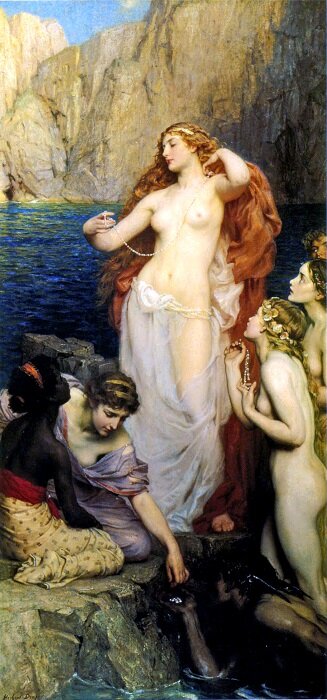Non-Fiction Book Review - 'Venus and Aphrodite: History of a Goddess' by Bettany Hughes
It’s been a while since I’ve reviewed a non-fiction book. This was Liam’s choice from my Christmas list… chosen because he wants to read it too!
‘Through ancient art, evocative myth, intriguing archaeological discoveries and philosophical explorations, Bettany Hughes reveals why this immortal goddess endures through to the twenty-first century, and what her journey across time tells us about what matters to us humans.
Charting Venus’s origins in powerful prehistoric deities, Bettany demonstrates that the goddess is a complex character – far from just a pretty face. Starting her quest in Cyprus, the goddess’s mythical birthplace, she decodes Venus’s relationship to the Greek goddess Aphrodite, and in turn Aphrodite’s mixed-up origins both as a Cypriot spirit of fertility and procreation – but also as a descendant of the prehistoric war goddesses of the Near and Middle East – Ishtar, Inanna and Astarte.
On a voyage of discovery to unveil the truth behind Venus, Hughes shows that this mythological figure is so much more than an embodiment of sex and romance. This is the remarkable story of one of antiquity’s most potent forces, and the story of human desire – and how desire transforms who we are and how we behave.’
I’m more familiar with Bettany Hughes as a television presenter of history documentaries. I find her excitement and joie de vivre infectious.
Her recent series focussing on the Nile – in which she explored its 900 miles and how it’s shaped history – was fascinating.
This is the first of her books I’ve read. The way it’s written reminds me of her style of presenting; as if she’s sat across from you, having a lively chat.
Each chapter is preceded with a quote from texts by Homer, Euripides, Cicero, to name a few, and the first-named female author in history, Enheduanna.
Hughes starts from the beginning, from the violent birth of Aphrodite according to Greek myth, and her arrival on Cyprus (Kypros in Greek) where, to many, she’s known as Kypris, the Lady of Cyprus. Hughes effortlessly marries the myth of the newly arrived goddess to the reality of one who already existed on the island since, at least, the Copper Age, a “spiritual, highly sexualised figure” with “life-giving powers”.
Aphrodite is also linked to “a ferocious warrior-goddess who is first made manifest east of Cyprus from Mesopotamia to Anatolia and the Levant”. This was a time of warring nations, where men and women died young. Interestingly, instead of imagining a male deity of war, the people of this time gave it female form, variously called Inanna, Ishtar and Astarte.
Hughes doesn’t hold back in discussing the sex and extreme pleasure-seeking side for which the goddess is more popularly known.
She takes us to the places linked to Aphrodite’s story and how humanity’s view of her changed… “Once she had been a champion of real women, but as the divine gloss of the goddess dulled, she was styled a mere woman.”
Hughes doesn’t simply relate the goddess’ history. She uses humanity’s evolving connection with Aphrodite-Venus to decipher our behaviour in relation to desire, how we view love and war, and the changing treatment of women.
While I enjoyed the entire book, which isn’t long – a little over 200 pages – for me, the most thought-provoking section is the Conclusion.
Hughes brings the myth of Aphrodite and Ares/Venus and Mars being discovered by Hephaestus/Vulcan – women, especially, caught in a compromising position – right up to date with the gleefully shameful interest shown in current stories of “infidelity, slut-shaming and porn-revenge…”
Instead of trying to put this potent goddess in one box or another, instead of thinking of her in terms of ‘black or white’, Hughes suggests it’s probably best to think of Aphrodite/Venus “as the Greeks did – the goddess who mixes things up”… Because she was not just “the goddess of mortal love, but… the deity of both the cycle of life and life itself.” And life, far from being a pretty neat package, is a mix of the beautiful and the messy, the light and the dark.
‘The Pearls of Aphrodite’ ~ Herbert Draper

